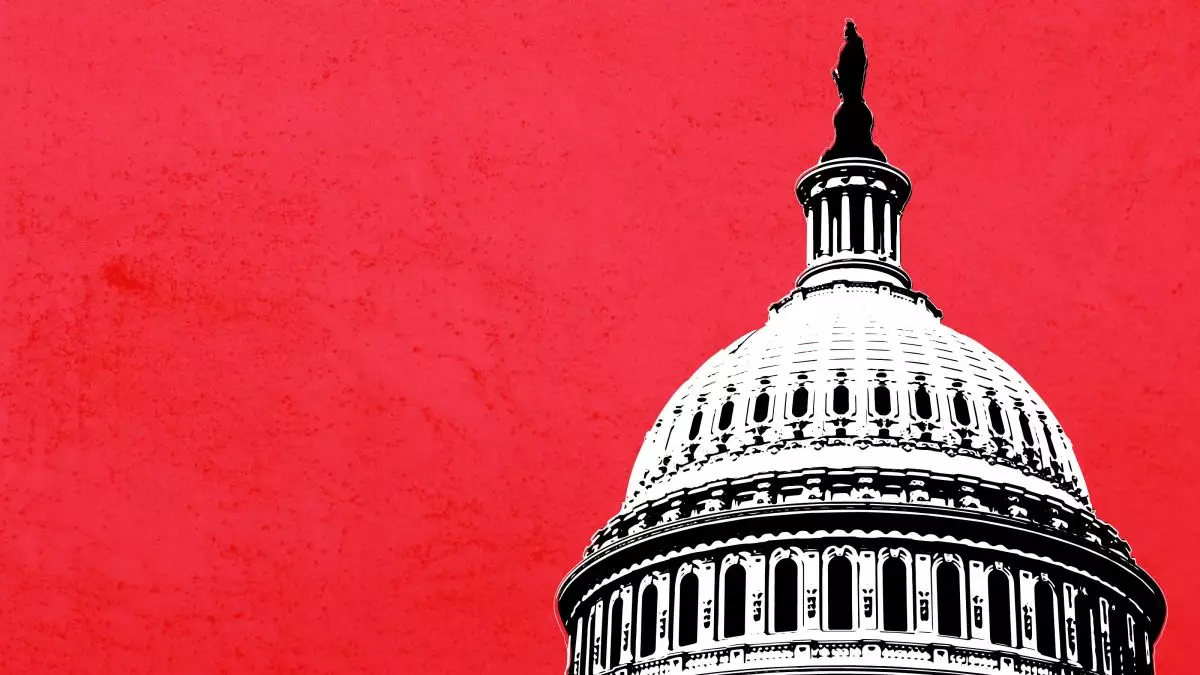The emergence of artificial intelligence (AI) has opened up a Pandora’s box of opportunities and challenges. As various sectors increasingly adopt AI technologies, the potential for misuse and unintended consequences also rises. In this landscape, proactive measures to ensure AI safety and ethics are critical. Yet, one of the only dedicated U.S. government offices focusing on these concerns, the U.S. AI Safety Institute (AISI), faces an uncertain fate. The ongoing struggle for its authorization in Congress highlights the broader implications for the future of AI regulation in the nation.
Established in November 2023 as a product of President Joe Biden’s AI Executive Order, the AISI is positioned within the National Institute of Standards and Technology (NIST). This federal entity’s primary mission is to assess risks associated with AI systems and offer guidance on their responsible deployment. Functioning as a bridge between innovation and accountability, the AISI represents a significant step towards federal oversight in an insufficiently regulated industry. However, despite its foundational attributes, the AISI’s existence hangs in a precarious balance, as its operations could potentially be terminated by a simple legislative repeal.
The prospect of the AISI’s dismantling underscores a crucial question: how can Congress secure the institute’s continuity against the political tides that dictate federal priorities? Chris MacKenzie from Americans for Responsible Innovation emphasizes that “if another president were to come into office and repeal the AI Executive Order, they would dismantle the AISI.” Former President Donald Trump has explicitly promised to abolish this executive order, raising alarms that the future of AISI hinges on congressional authorization.
Thus far, efforts to formalize the AISI’s status have gained traction, with bipartisan bills moving through both the House and Senate. However, opposition from conservative factions, notably from lawmakers like Senator Ted Cruz, signifies the complexities involved in rallying support. Such resistance not only jeopardizes the AISI’s funding but also impedes a cohesive national strategy for tackling AI’s multifaceted challenges.
Currently operating on a modest budget of approximately $10 million, the AISI’s financial resources are minimal, especially in comparison to the giant AI labs thriving in Silicon Valley. Enhanced financial backing is vital to allow the AISI to evolve from a nascent entity to a robust organization capable of effectively evaluating AI innovations. Increased investment favorably positioned by Congress would ensure that the institute is seen as a long-term initiative rather than a fleeting concern of the current administration.
A diverse coalition of stakeholders—including over 60 companies and institutions such as OpenAI and Anthropic—have called for immediate legislative action to enshrine the AISI within federal law. Yet, stakeholders recognize that just having a legal framework is insufficient; the institute must receive sustained funding to achieve its objectives and develop meaningful benchmarks for AI safety.
As the U.S. grapples with internal legislative challenges, there is an inherent fear of losing its competitive edge in the global AI landscape. At an AI summit held in South Korea in May 2024, leaders from various nations pledged to form a coalition of AI Safety Institutes. This initiative by countries such as Japan, France, and Germany, signals that collaboration in AI safety is gaining momentum overseas. For the U.S. to maintain its leadership role, a firm commitment to the AISI is essential.
Organizations such as the Information Technology Industry Council stress the urgency of permanent authorization for the AISI. They argue that Congressional backing will solidify the United States’ commitment to responsible AI development. In an industry poised to redefine economies and societies, it is crucial that Congress recognizes the gravity of its task—ensuring that the U.S. remains at the forefront of AI innovation while adhering to ethical considerations.
The fight to secure the future of the AISI is emblematic of a broader dialogue about the role of government in regulating technology that is rapidly evolving and inherently complex. While the AISI currently lacks strong enforcement mechanisms, its value extends far beyond mere regulation; it has the potential to serve as a foundational pillar for responsible AI development. Congressional support is not merely a formality; it is a necessity. Without it, the future of AI safety in the United States remains uncertain, placing both innovation and ethical responsibility at risk.

